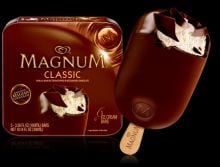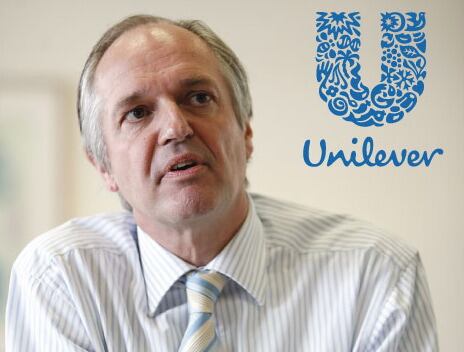In a note on Unilever’s deal to sell Skippy to Hormel Foods, Graham Jones, executive director of equity research for consumer staples at Panmure Gordon, said:
“Together with the exit from US frozen foods [Unilever recently sold its Bertolli and P.F. Chang's frozen meals business to ConAgra], it continues to skew Unilever towards emerging markets, which is already touching 56% of group sales.”
These two disposals obviously reduce Unilever’s exposure to low growth areas

He added: “While [Skippy is] obviously small - 0.5% of group sales - combined with the Q3 exit from frozen meals in North America, it represents an exit of $670m of sales in largely US food categories.”
As for operating margins, he said: “We understand that both businesses sold were dilutive to group margins."
Unilever’s Foods category ”remained a major drag on group growth in 2012”, with like-for-like growth for nine months (9M) of just 2%, versus 8.5% growth for the rest of the group, he noted.
But he added: “Foods has fallen from 35% of group sales in 2005 to 27.6% in 9M12, and these two disposals obviously reduce Unilever’s exposure to low growth areas.
“That said, we expect Unilever to improve the growth rate of its Foods division going forwards, not least because we estimate that emerging markets is now accounting for 40% of Foods sales.”
Moving forward, Unilever’s balance sheet remains strong, he said. “We hope that more acquisitions can be found in 2013.”
Hormel investors ‘don’t seem to mind’ that bosses paid a premium for Skippy
As for Skippy’s new owner Hormel Foods, Robert Broens, a private investor writing in the Seeking Alpha website, said shareholders were pleased with the deal “despite the fact that the ($700m) price tag at 1.9 times annual revenues is a bit steep compared to Hormel's own valuation of 1 times annual revenues”.
He added: “Furthermore the price tag comes in far above analysts' estimates of $300-500m…[But] investors don't seem to mind that Hormel pays a premium on a revenue basis.
“Investors furthermore applaud the diversification move. Hormel's margins have been volatile on higher pork and beef prices as well as volatile grain prices. The peanut butter business should provide some margin stability across the board.”
He concluded: “I think the deal is a net positive. The steep price can be justified given the significant accretion that Hormel expects and the diversification benefits.”
Less is more strategy paying off

In a recent note on Unilever’s three-day investor event in Paris, Panmure Gordon’s Graham Jones said he saw “a company with a tangible sense of self belief and optimism”.
While bosses remained pessimistic about the macro-economic outlook, they had a “tangible sense of self belief and confidence about Unilever’s target to double sales from €40bn”, he observed.
A new ‘less is more’ philosophy had been key to its turnaround, he said, pointing out that in fiscal 2012, Unilever is working on just 600 innovation projects, compared with 5,000 in 2005. And it will cut this number by a further 40% in 2013.
At the same time, the speed with which new products are being rolled out to market has risen rapidly, he said.
“In 2005, only eight innovations had been rolled out to 10+ countries within a year of launch [whereas] in 2012 Unilever had 90.
“In 2013, Unilever has twice as many €50m projects in the pipeline, and is aiming for 30% faster roll-out. This has been supplemented by much better execution with retailers, including an 800bp improvement in on-shelf availability.”
Underlying sales growth in North America dipped 3.5% at Unilever in the third quarter of 2012, although overall revenue was up 10.3% driven by strong sales in emerging markets and a better performance in key European markets such as the UK.
